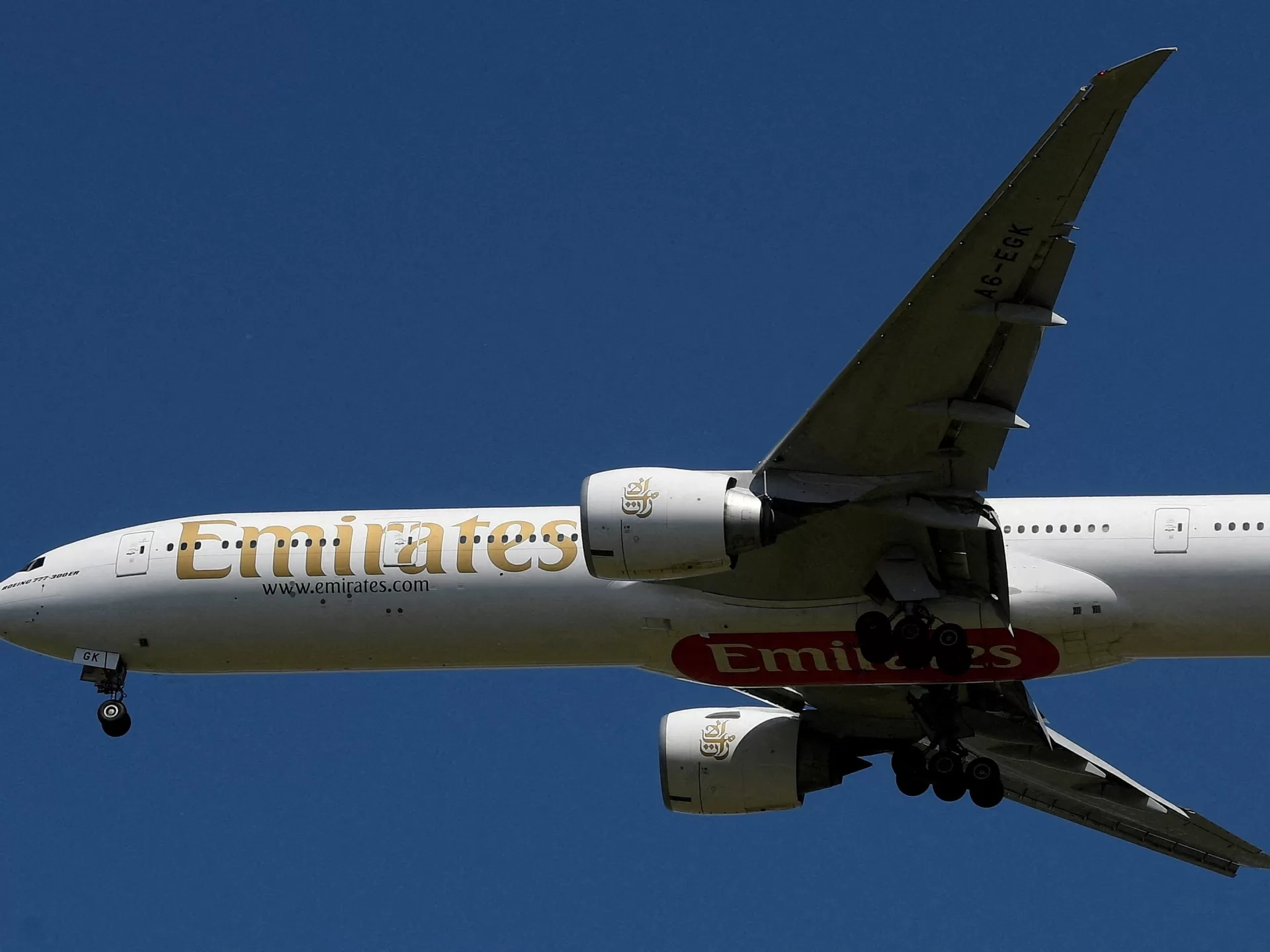The Arab nations had closed their airspaces after Iran’s drone and missile attacks on Israel, but many flights remain affected.
Jordan’s state TV on Sunday said the country had resumed air traffic operations, citing aviation authorities. The opening of its airspace came more than three hours earlier than scheduled.
Lebanon said its airport will resume its activities after the overnight closure, state TV reported.
Iraq’s aviation authority said security risks had now been overcome.
Meanwhile, Israel also reopened its airspace as of 7:30am (04:30 GMT) on Sunday, adding that flight schedules from Tel Aviv were expected to be affected.
Flag carrier El Al said it had resumed operations and was “working to stabilise the flight schedule as soon as possible”. “El Al will continue to operate as much as possible to preserve the air bridge to and from Israel,” it said.
Late on Saturday night, Iran launched explosive drones and fired missiles at Israel – its first direct attack on Israeli territory in a retaliatory strike that raises the threat of wider regional conflict.
Tehran had pledged to retaliate for what it says was an Israeli attack on Iran’s embassy compound last week in Damascus that killed a senior commander in the Iranian Revolutionary Guard Corps’s overseas Quds Force and six other officers.
Jordan, which lies between Iran and Israel, had readied air defences to intercept any drones or missiles that violated its territory, two regional security sources told the Reuters news agency.
Jordan said it intercepted some flying objects that entered its airspace last night to ensure the safety of citizens, a cabinet statement said.
“Some shrapnel fell in multiple places during that time without causing any significant damage or any injuries to citizens,” it added.
Reaction to Iran’s strikes has been swift, with many countries describing the attacks as a serious escalation, with potentially widespread consequences for the region.
The attacks come amid the ongoing Israeli war on Gaza, which shows no sign of easing despite numerous mediation efforts.
Meanwhile, global airlines have also been cancelling flights and changing routes after Iran’s attacks.
The United Arab Emirates-based Emirates announced the cancellation of some of its flights and the re-routing of others, the airline’s spokesperson said.
“We are closely monitoring the situation and making all efforts to ensure minimal disruption to customers after recent airspace closures,” a spokesperson from the airline said.
Abu Dhabi-based Etihad Airways cancelled flights to Jordan and Israel on Sunday, the airline said in a statement.
Swiss International Air Lines has suspended flights to and from Tel Aviv until further notice, the airline said in a post on social media platform X on Sunday.
Swiss, which is owned by German carrier Lufthansa, said all of its planes were avoiding the airspaces of Iran, Iraq and Israel, causing delays to flights from India and Singapore.
